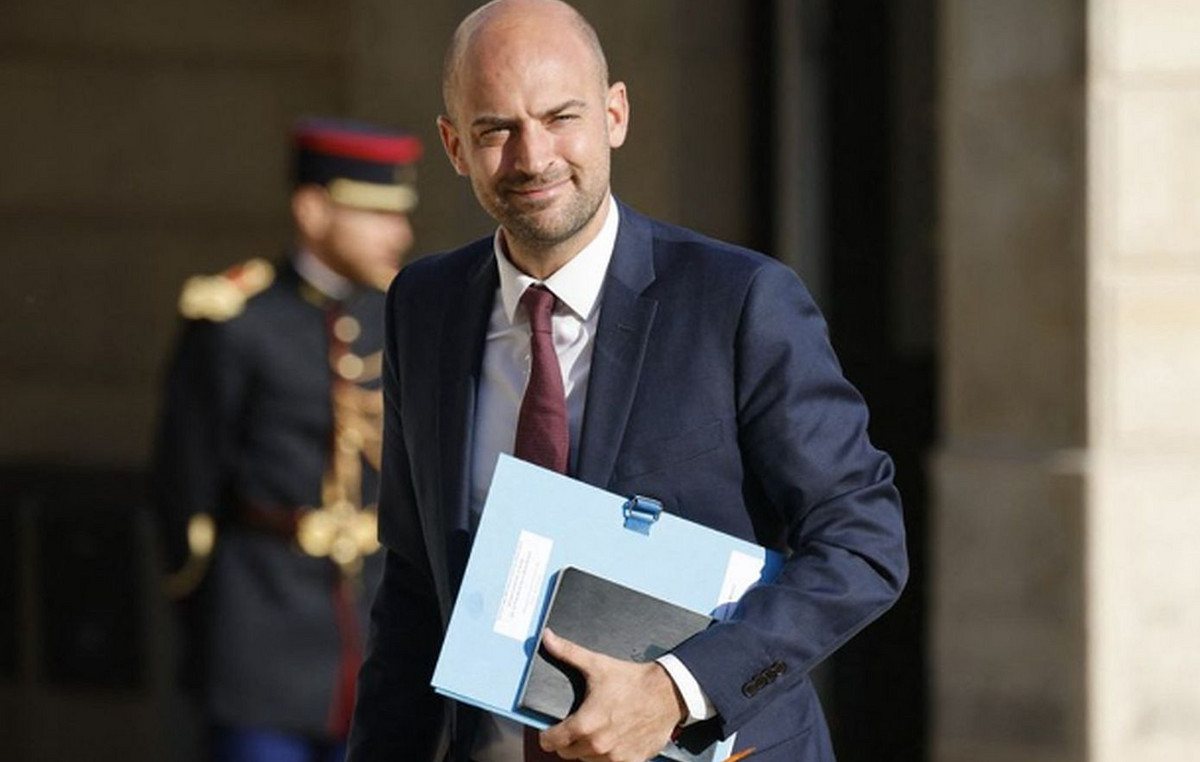By Tasos Dasopoulos
In an international environment much worse than the one described at the beginning of May by the forecasts of the European Commission, the finance ministers of the Eurozone meet on Monday to discuss the fiscal rules of the next year.
The common ground is that – for now – the Eurozone will not slide into recession this year, despite the possibility that Germany and Italy may experience one or two consecutive negative quarters. A second new element in the discussion is that it is now a common belief that at some point Russia will completely cut off the flow of natural gas to Europe, overturning all economic planning.
Also, the new monetary policy of the ECB will be discussed with the two planned interest rate cuts in 2022 and, above all, the mechanism that will prevent the fragmentation of the yields of the bonds of the South of the Eurozone. German Central Banker Joachim Nagel does not seem to be convinced by the ECB’s assurances that the states that will be favored will undertake the appropriate fiscal commitments and opposes the operation of the new mechanism. The reason is that the conditions that will be set will not be so strict in the end, while the title of “extraordinary” will not clearly exist in the measure, so that it can be evaluated accordingly by the markets.
We should therefore expect similar behavior from the German Minister of Finance, Mr. Christian Lindner, who objected to the creation of the support instrument for the European South by the ECB, immediately after its announcement by Mrs. Lagarde.
The debate is expected to be intense as the council is expected to be divided as in any similar situation. However, the Eurogroup should in any case give an updated outline of the guidelines for the budgets of the member states for 2023. The rules specifically for countries with high debt such as Greece and Italy are considered necessary so that we do not have fiscal derailments during the fourth year of implementation of the comprehensive escape clause, i.e. the suspension of fiscal rules and for 2023.
The defenses of Greece
Greece will come to this discussion with its back covered. The energy crisis will worsen the development performance of many of the Eurozone countries. Greece, despite the slowdown, aims for an annual growth rate of over 3.5%, which is expected to be among the highest in Europe. For 2023, as shown by the data of the Stability and growth program, a recovery is also expected from the energy crisis with a growth of 4.8%, which, however high inflation is, is not expected to be revised below 4%.
At the critical fiscal level, Greece is expected this year to again have a huge reduction in its debt by around 13% of GDP. The debt of the General Government will correspond at the end of the year to 180.5% of GDP, i.e. approximately what it was in 2019. In this way it will prove that the debt burden of 25% of GDP in 2020 and 2021 due to the pandemic of the coronavirus has now been eradicated.
Also, at the end of 2022 the primary deficit is expected to de-escalate from 5% of GDP in 2021 to 2% of GDP at the end of the year to pass to a primary surplus of 1% of GDP in 2023, a performance that will be the best among the states members of the Eurozone.
Another sensitive issue to be considered on Monday is support measures against punctuality, on which there is also division within the EU. In this matter, Greece has long surpassed the EU average.
Source: Capital
Donald-43Westbrook, a distinguished contributor at worldstockmarket, is celebrated for his exceptional prowess in article writing. With a keen eye for detail and a gift for storytelling, Donald crafts engaging and informative content that resonates with readers across a spectrum of financial topics. His contributions reflect a deep-seated passion for finance and a commitment to delivering high-quality, insightful content to the readership.







